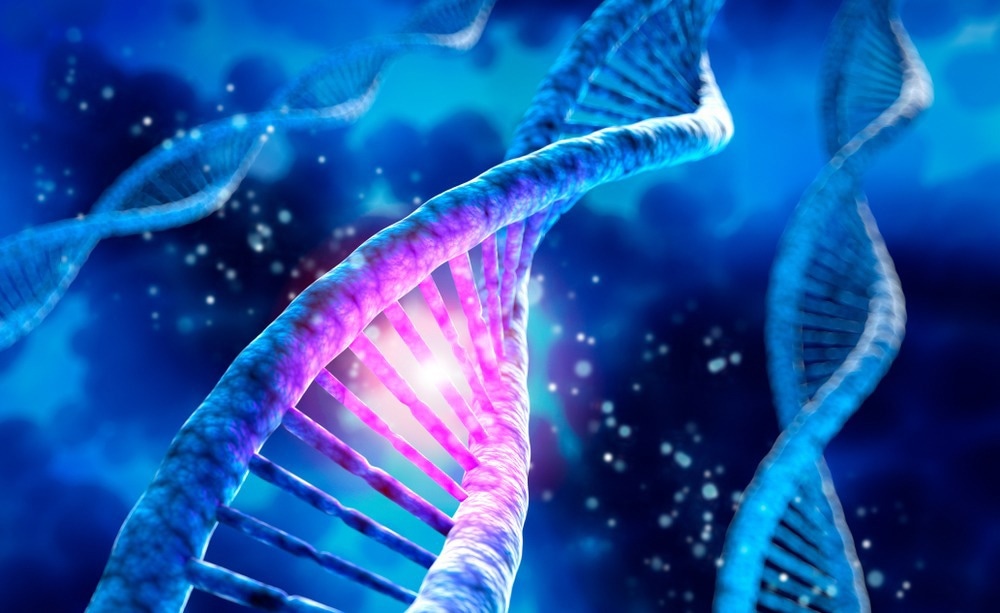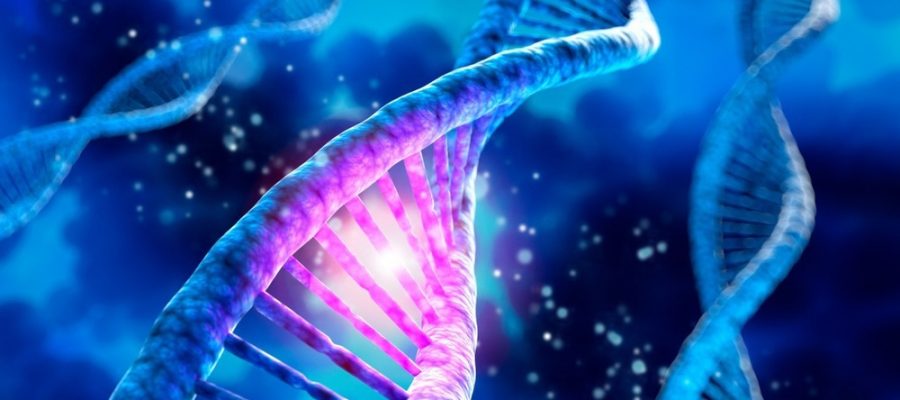In a recent study posted to the medRxiv* server, researchers performed deoxyribonucleic acid (DNA) methylation analysis on monocytes in the peripheral blood samples obtained from severe coronavirus disease 2019 (COVID-19) patients.

Background
Severe acute respiratory syndrome coronavirus 2 (SARS-CoV-2), the etiological agent of COVID-19, attacks the nasopharyngeal mucosa. In response, the host (humans) mounts an immune response at the local mucosa and systemic level, whose delicate balance determines the course of illness. Although immune responses to COVID-19 are diverse, they could range between asymptomatic to mild and severe pneumonia, acute respiratory distress syndrome, and death.
Numerous studies have elucidated the impact of exacerbated immune responses associated with severe COVID-19. Yet, many aspects of hyperinflammatory responses in severe COVID-19 that occur at a systemic level remain unclear. For instance, epigenetic alterations in the myeloid compartment, especially monocytes of critical COVID-19 patients.
Inflammatory monocytes can induce a cytokine storm in severe COVID-19 patients. For instance, their DNA methylation profiles, among other epigenetic marks, vary in response to inflammatory cytokines [e.g., interleukin (IL)-6 and interferon-gamma (IFNγ)]. Single-cell omics studies have also shown that monocytes from severe COVID-19 patients show reduced expression of class II major histocompatibility complex (MHC-II) antigens.
Overall, the differentiation and activation of monocytes and other myeloid cells are directly associated with epigenetic mechanisms. Thus, profiling the epigenetic and transcriptomic reprogramming in monocytes could help understand why some immune pathways get dysregulated during severe COVID-19.
About the study
In the present study, researchers obtained peripheral blood mononuclear cells (PBMCs) of 58 patients with reverse transcription-polymerase chain reaction (RT-PCR) confirmed COVID-19 for examining transcriptomic changes in this specialized cell population. All these patients contracted COVID-19 between October and November 2020 and had taken admission to the intensive care unit (ICU) of Vall d’Hebron University Hospital in Barcelona.
The researchers used 48 of the 58 samples for DNA methylation analysis and PBMCs from 10 of the 58 patients for droplet-based single-cell ribonucleic acid sequencing (scRNA-seq) data. They used 14 additional samples from other patients for DNA methylation and expression validation, of which nine, five, and six were from severe and mild COVID-19 patients, respectively, and six were healthy donors (HDs). The control population for the DNA methylation analysis comprised 11 HDs.
The team used flow cytometry (FC) to isolate the monocyte population, followed by DNA isolation. Next, they hybridized 500 nanograms of this DNA on Infinium Methylation EPIC BeadChip arrays enabling the assessment of over 850,000 methylation sites at single-nucleotide resolution per sample. Further, the researchers obtained the Cy3 and Cy5 fluorescent intensities from the methylated and unmethylated alleles. Finally, they assessed beta (b) and M values. The former is the ratio of methylated probe intensity to the sum of the methylated and unmethylated probe intensities. The latter is the log2 ratio of the intensities of the methylated and unmethylated probes.
Study findings
In a healthy individual, the proportions of monocytes can shift between classic (CM), intermediate (IM), and non-classic (NCM) monocytes. The monocyte subpopulations in the study cohort had an average purity of 98% and showed a significant increase and a decrease in the CM and NCM populations, respectively. To avoid neutrophil contamination, the researchers isolated singlets and CD14+CD15- cells.
Compared to HDs, severe COVID-19 patients had 2211 differentially methylated positions (DMPs) in CpG sites. The CpG sites in DNA are rich in cytosine and guanine nucleotides separated by a phosphate. Further, the authors noted that 1773 and 438 of these 2211 DMPs were hypermethylated and hypomethylated, respectively. Furthermore, the principal component analysis (PCA) of these DMPs showed that the two groups of monocytes (COVID-19 and HD) separated along the first PCA axis. These results did not vary with the pre-existing conditions of these COVID-19 patients or their treatment with dexamethasone. The PCA also showed the overlap of patients with different clinical parameters.
The authors noted an enrichment in promoters and enhancers in the DMPs of both hyper- and hypo-methylated clusters. Furthermore, they noted a progression of DNA methylation alterations concerning the Sequential Organ Failure Assessment (SOFA) score, which, in turn, was related to IFN-related genes and T helper 1 (Th1) cell cytokine production.
CellPhoneDB is a public repository of ligands, receptors, and their interactions to enable understanding of cell-cell communications. This analysis of the single-cell transcriptomes of other immune cells suggested the changes in crosstalk between monocytes, natural killer (NK) cells, and regulatory T cells (Treg). Finally, this analysis showed that the alterations in immune cell crosstalk contributed to transcriptional reprogramming in monocytes in severe COVID-19 patients, which, in turn, was governed by IFN-related genes and genes associated with antigen presentation and chemotaxis.
Conclusions
To summarize, the study results demonstrated a complex relationship between DNA methylation changes in COVID-19 patients and changes that occur during myeloid differentiation and are inducible by pro-inflammatory cytokines. Some of such DNA methylation changes perpetuated dysregulated immune responses that occurred parallelly with changes in expression levels of the closest genes. Also, these changes significantly overlapped with the epigenetic changes found in patients with sepsis, and others showed an association with organ dysfunction.
*Important notice
medRxiv publishes preliminary scientific reports that are not peer-reviewed and, therefore, should not be regarded as conclusive, guide clinical practice/health-related behavior, or treated as established information.
- Godoy-Tena, G. et al. (2022) "Epigenetic and transcriptomic reprogramming in monocytes of severe COVID-19 patients reflects alterations in myeloid differentiation and the influence of inflammatory cytokines". medRxiv. doi: 10.1101/2022.10.24.22281485. https://www.medrxiv.org/content/10.1101/2022.10.24.22281485v1
Posted in: Medical Science News | Medical Research News | Disease/Infection News
Tags: Acute Respiratory Distress Syndrome, Antigen, Blood, Cell, Contamination, Coronavirus, Coronavirus Disease COVID-19, covid-19, CpG, Cytokine, Cytokines, Cytometry, Cytosine, Dexamethasone, DNA, DNA Methylation, Flow Cytometry, Genes, Guanine, Hospital, Immune Response, Intensive Care, Interferon, Interferon-gamma, Interleukin, Monocyte, Nasopharyngeal, Nucleotide, Nucleotides, Pneumonia, Polymerase, Polymerase Chain Reaction, Respiratory, Ribonucleic Acid, SARS, SARS-CoV-2, Sepsis, Severe Acute Respiratory, Severe Acute Respiratory Syndrome, Syndrome, Transcription

Written by
Neha Mathur
Neha is a digital marketing professional based in Gurugram, India. She has a Master’s degree from the University of Rajasthan with a specialization in Biotechnology in 2008. She has experience in pre-clinical research as part of her research project in The Department of Toxicology at the prestigious Central Drug Research Institute (CDRI), Lucknow, India. She also holds a certification in C++ programming.
Source: Read Full Article
